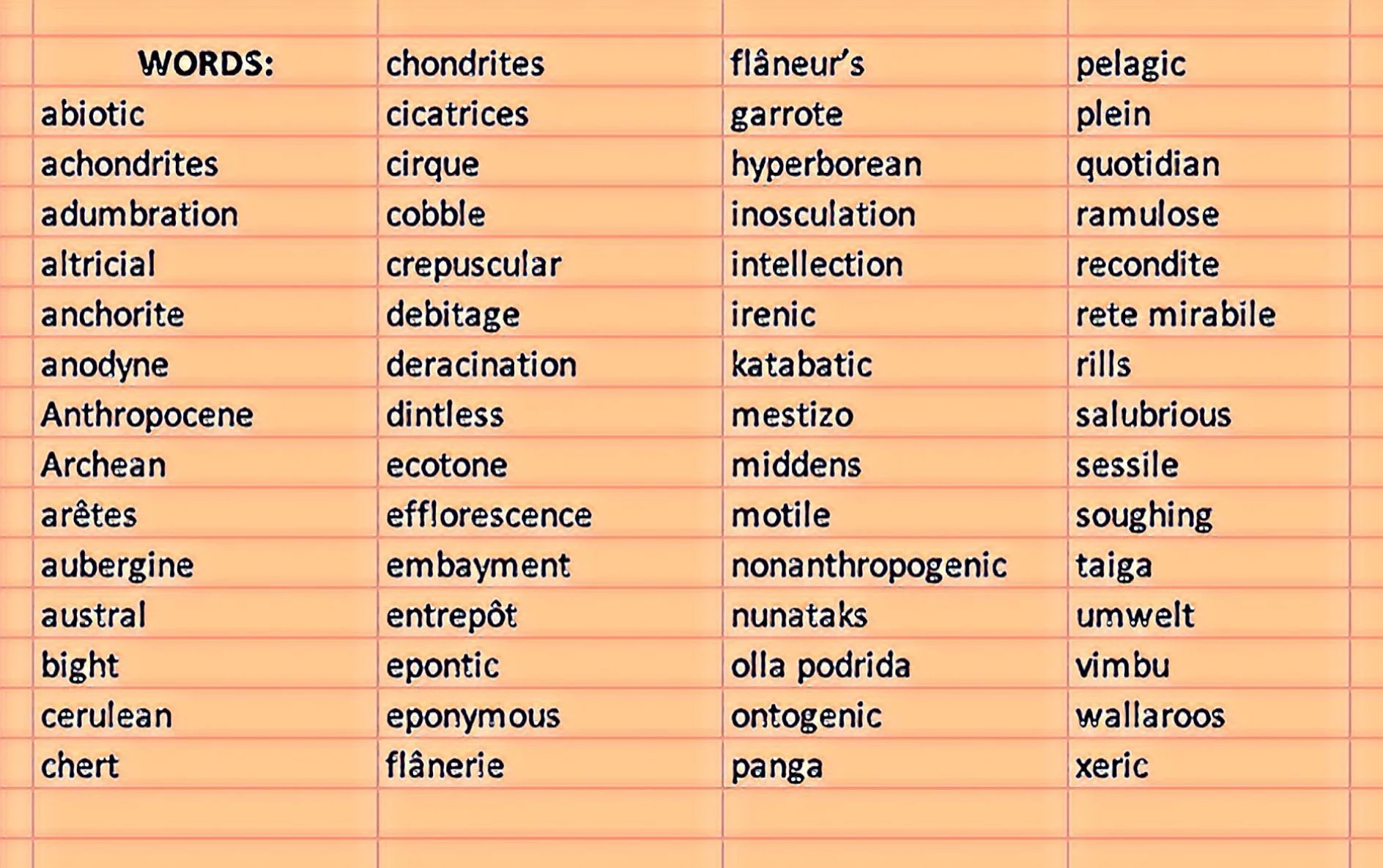On the Abandoning of Books
Several times each month I begin reading a new book. Sometimes the book is paper, usually a trade paperback or a hardback borrowed from the library. Sometimes it is a Kindle format book, either purchased from Amazon or borrowed from the library. Or it is a recorded book, also often borrowed from the library.
Regardless of format, I estimate that at least half of these books I don’t complete reading, i.e., I “abandon” them.
For a few of these, my intention was only to peruse or temporarily consult, for example, a book on a particular type of wildlife or a book on a articular artist. But the majority of these abandoned books are abandoned because I have simply lost interest. Perhaps the story had become tiresome or unengaging. Perhaps the recording was poorly performed. Or maybe I just didn’t like any of the characters because they were distinctly unattractive or uninteresting or because they were just poorly written.
This happened with a science fiction novel I recently abandoned. This novel had been on “want to read” list for quite some time. A downloadable recording became available through my local public library. I pounced on it and began to listen. The ideas and technologies were exceedingly clever and infused into a grand and hard-sci-fi space tale of the type I have greatly enjoyed in the past. But the more I listened the less enchanted I became. I didn’t really like the book’s reader/narrator whose sense of drama, or should I say lack of drama, was poor to the point of being nonexistent.
I abandoned the recording and instead purchased a used paperback copy. When I took up reading this time I discovered that I still didn’t like the book or the characters. Yes, the story and technology as described were fascinating and clever but, almost a third of the way through, I realized that I either disliked or could not identify or even sympathize with any of the characters.
That’s not to say that I will not or cannot engage with “evil” characters. Stephen King’s characters in his “Bill Hodges” trilogy are a case in point. These three books are among my favorite novels and abound with interesting characters both good and evil. King can describe good and bad personalities in an engaging and interesting way even when these characters are put into unreal or fantastical situations. (Of all King’s characters Holly Gibney I find to be the most engaging, not because I identify with her but because I think she would be an interesting person to know in real life.)
Can a story or plot be interesting enough to keep me from abandoning a book that lacks engaging characters? Sometimes. Neal Stephenson’s Seveneves comes to mind. Stephenson provides a grindingly detailed working out of how orbital mechanics, gravity, and physics operate over a vast stretch of time; the characters themselves for the most part are almost secondary. But all the detail does keep the reader guessing about what happens next.
It all depends on what you were looking for in a book to keep you from abandoning it. I’m also a fan of history and aeronautics including the development of the atomic bomb, the Pacific War, and post World War Two aircraft technology. There are many books published about these topics and I rarely abandon any unfinished even though they may address the same topic but from different perspectives.
One topic I find endlessly fascinating is the events surrounding the use of the atomic bombs against Japan and their role in ending the Pacific war. Over the years as I have read more books about this topic my views on use of the atomic bombs have become increasingly nuanced. What I have found most disturbing is the apparent willingness of Japan’s military leaders at the time to sacrifice every man, woman, and child to defend Japan against the planned allied invasion. My late father in law, a Navy pilot, would most likely have participated in such an invasion had the Japanese emperor not finally decided “enough is enough” following the atomic attacks.
I haven’t abandoned books on military history. Those that focus exclusively on “big picture” strategy I can abandon due to a lack of focus on the human side of war. I’ve also abandoned books that focus only on tactics at the ground level, some of which appear to have been generated in order to maximize the recitation of individual names at the expense of understanding the significance of individual engagements.
Ideally, a book will combine both strategy and tactics from a unique perspective. Two recently read examples are Don A. Farrell's Atomic Bomb Island and Donald L. Miller’s Masters of the Air.
The former examines the development and use of atomic bombs against Japan but from the perspective of setting up the tiny island of Tinian as the forward laboratory and base for assembling and delivering the weapons on Japan. The latter provides an incredibly detailed view of how US bombing air power was used against Germany during World War Two and how it incurred such terrible and horrific costs and suffering in the process. Both books are the product of a tremendous amount of research and provide great insight events that we – mistakenly – think we are already familiar with.
On the other hand, some books I abandoned since they are so poorly researched and written, Malcolm Gladwell’s terrible The Bomber Mafia being a poster child for this category.
Perhaps I have reached a point in my life where I no longer feel bad about “abandoning” a book unfinished. Life is too short and there are just too many good books that remain to be read!
Copyright 2022 by Dennis D McDonald


